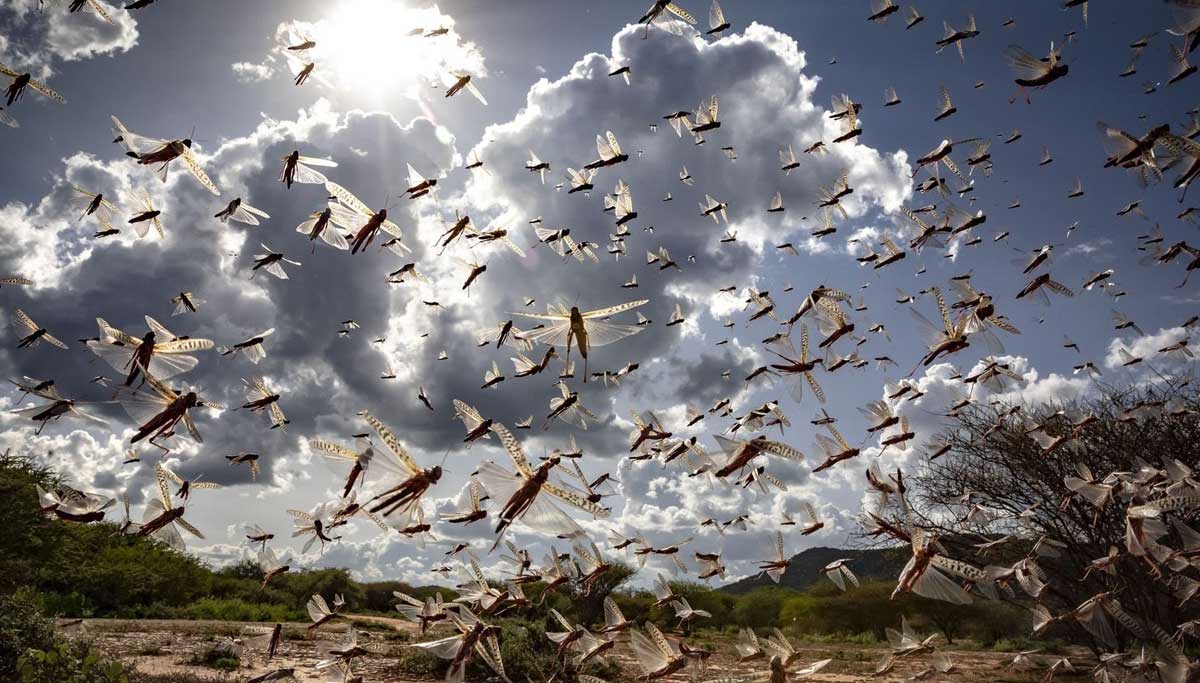Desert Locust will not ruin Tamil Nadu farms - Coimbatore Agriculture University Insect Department
Sivaranjani Soundararaj (Author) Published Date : May 29, 2020 14:12 ISTTamil Nadu
Locusts are the next name that threatens India to date after CoronaVirus. The swarming locust clusters swarms from Pakistan to northern districts of India, including Rajasthan, are rapidly destroying crops, trees, plants and vines, causing great damage.
Detailing about the new panic situation amidst CoVid-19, Tamilnadu Agricultural University Insect Department Professor Muthukrishnan says these locusts traveling around northern India from African countries are nature's routines in the month of June.
The insectology professor also states that the desert locusts begin only after June month in search of food from continent to continent. From Eastern Africa, the insect travels to India via Pakistan. The food hunt begins from Rajasthan and travels to Maharashtra, Gujarat, Madhya Pradesh, Uttar Pradesh and Punjab mainly. Turning pages of History reveals that this crop devastation by locusts occurred in Bihar too.
The locusts roaming in Kerala are not Desert Locusts. So Muthukrishnan consoles farmers of Tamilnadu to not worry about the crop devastation since the desert locusts usually don't hit the state and travel in the direction of air. Also, the locusts destroy can't flew in the rain.
The grasshoppers were said to have reached the state of Tamil Nadu. It was reported that the game started on the Tamil Nadu-Kerala border. But the Nilgiris District Horticulture Department has completely denied this information.
In a statement, the Horticulture Department said: An inspection of the Tamil Nadu-Kerala border revealed no damage to the locusts.
When contacted, Kerala Agriculture Department officials reported that there were spotted locusts in the Pulpally area of ​​8 acres. It was named Coffee Locust. It is not of the locust type, which is causing crop damage in Northern countries. Since these are only leaves, there is no crop damage.
It is reported that the grasshoppers are now being displaced as they are becoming big locusts reaching adolescence.




